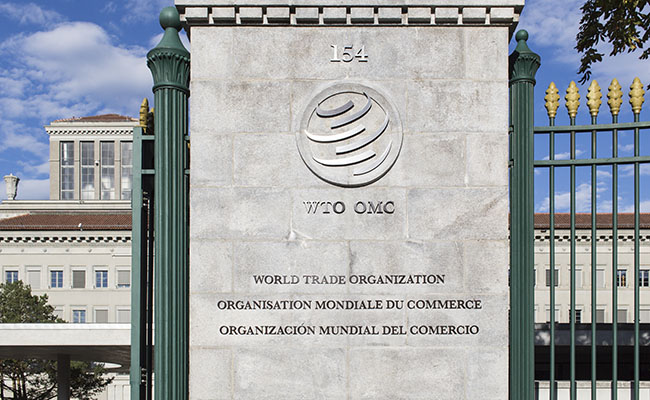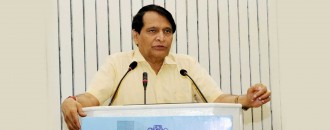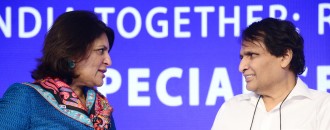The TFA apart from speeding up the movement of goods that included shipments in transit, it “also sets out measures for effective cooperation between customs and other appropriate authorities on trade facilitation and customs compliance issues”
The Dollar Business Bureau

On Wednesday, the Union Cabinet chaired by Prime Minister Narendra Modi also approved the instrument of acceptance to be submitted by the government to the WTO Secretariat.
- Uniformity in border procedures and documentation requirements at all customs stations
- Giving importers an option to return rejected goods,
- Provision of a second test when the first test gives adverse results, and
- Transparency in administration of alert notifications by different countries.
Highlighting the areas where the country needs legislative changes, the Commerce Ministry said that the scope of advance ruling has to be broadened to extend the facility to “any importer, exporter or any person with a justifiable cause”.
As per the existing norm, advance rulings are applied to a few entities such as joint ventures and foreign investors.
“Release of goods before payment of duty will have to be allowed on a guarantee/ surety in all cases of imports where the duty is not determined prior to or upon arrival, or as rapidly as possible after arrival,” the ministry said.
Besides, India also needs to relax the procedure for re-import and re-export of goods and facilitate smooth flow of perishable goods.
India has already put in place a number of measures of TFA such as online publication of trade-related procedures and documents, advance rulings in the matters of tariff classification and country of origin, pre-arrival processing of import documents and facility of electronic payment.
Other provisions that have already been implemented by the government include
- Allowing release of goods on bank guarantee in cases of delay in assessment,
- Applying “risk management” and “post clearance audit” in customs clearance, and
- Facilitating express shipments.
Feburary 18, 2016| 4:51pm IST.

 On Wednesday, the Union Cabinet chaired by Prime Minister Narendra Modi also approved the instrument of acceptance to be submitted by the government to the WTO Secretariat.
On Wednesday, the Union Cabinet chaired by Prime Minister Narendra Modi also approved the instrument of acceptance to be submitted by the government to the WTO Secretariat.





 to success.
to success.